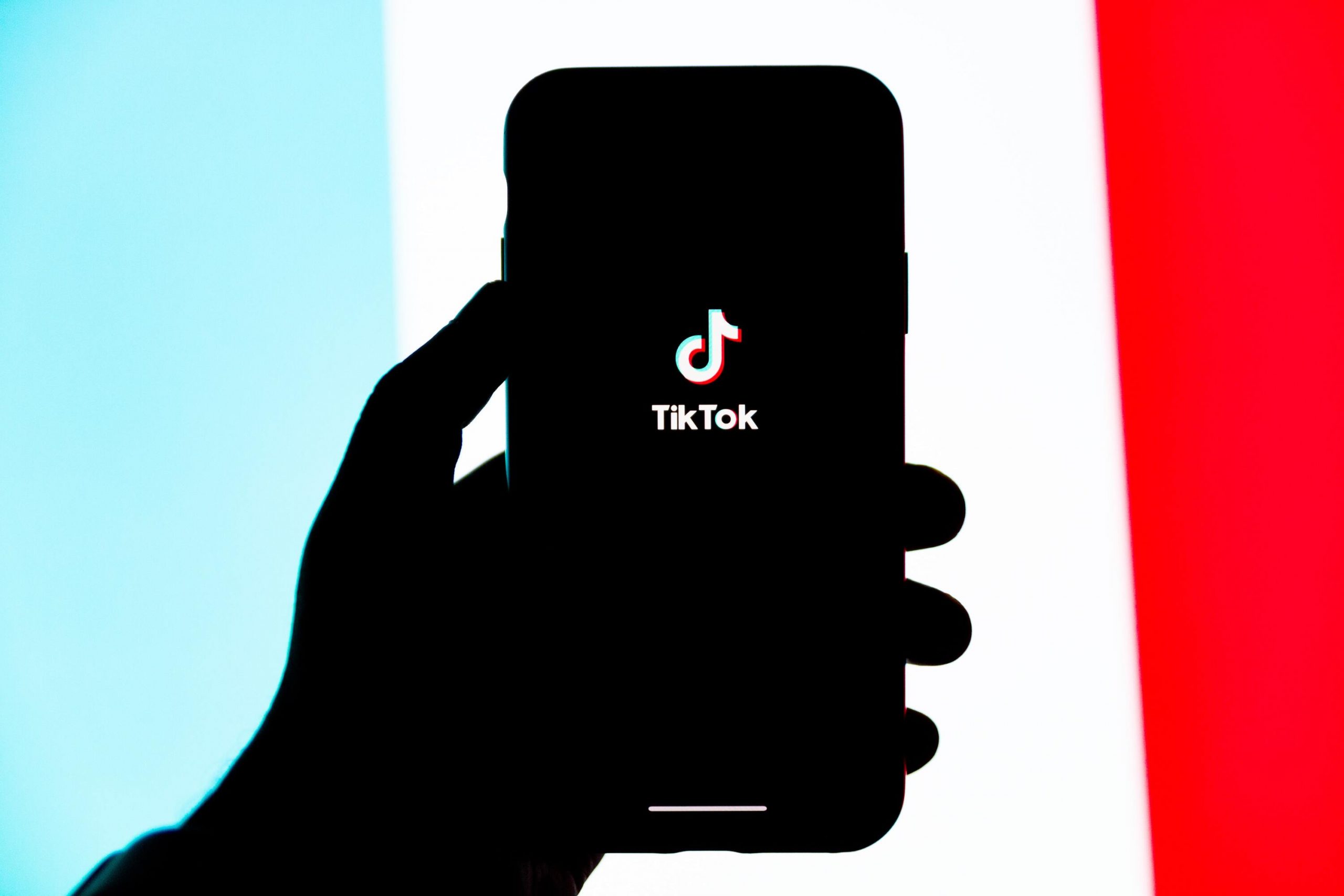Closing your eyes and holding your ears is considered an effective IT strategy. At least here in Denmark, where the Danish public schools have been ignoring European data privacy regulations. With much hand-wringing, they are now scrambling to replace their Google Chromebooks as the new school year starts.
The 2020 Schrems II judgment from the European Court of Justice said that because all data passed to American providers end up in the databases of the NSA, you are not allowed to store personal information with American cloud providers. Nevertheless, Danish schools kept using Google services. The Danish Data Protection Agency (DPA) has finally told them to stop.
The people at the coalface in your organization know where corners are being cut. But there are several layers of management between the people who know and the CIO and CTO who will be fired once the problem explodes. So if you are in an IT leadership position, how are you ensuring that you hear about questionable practices in your organization?





